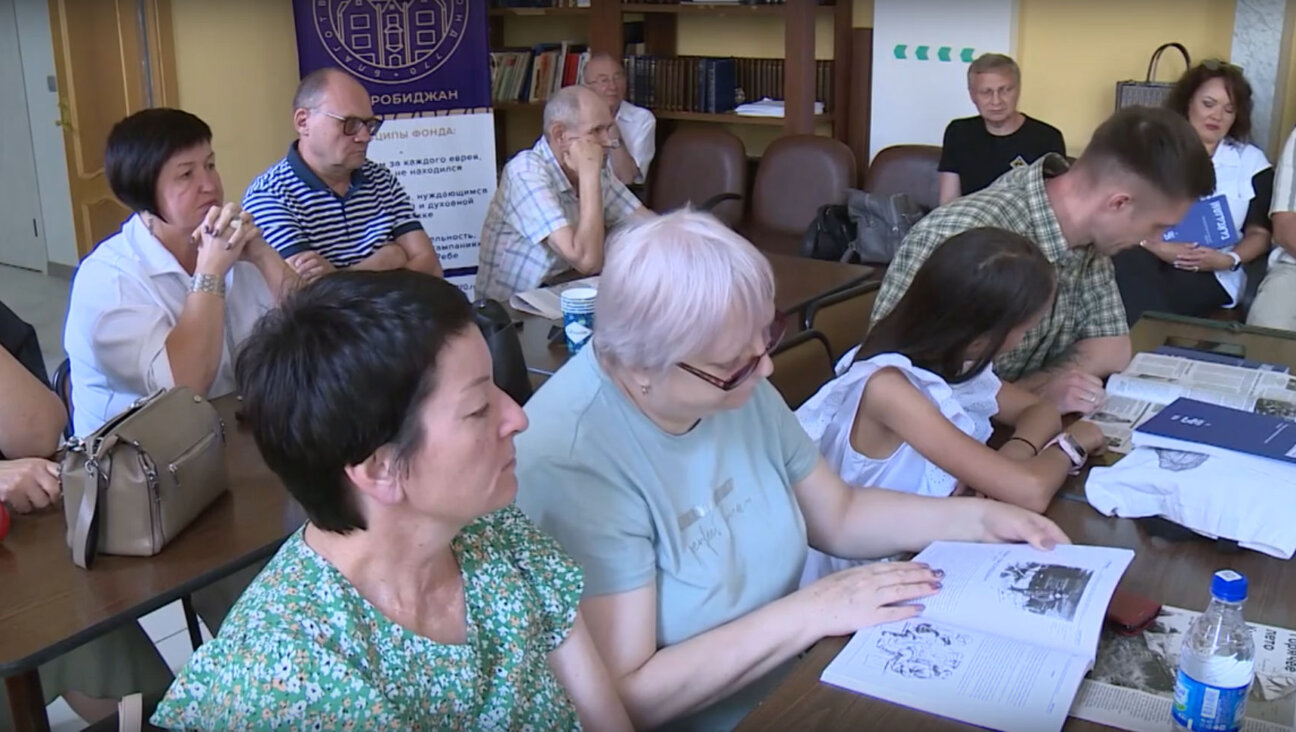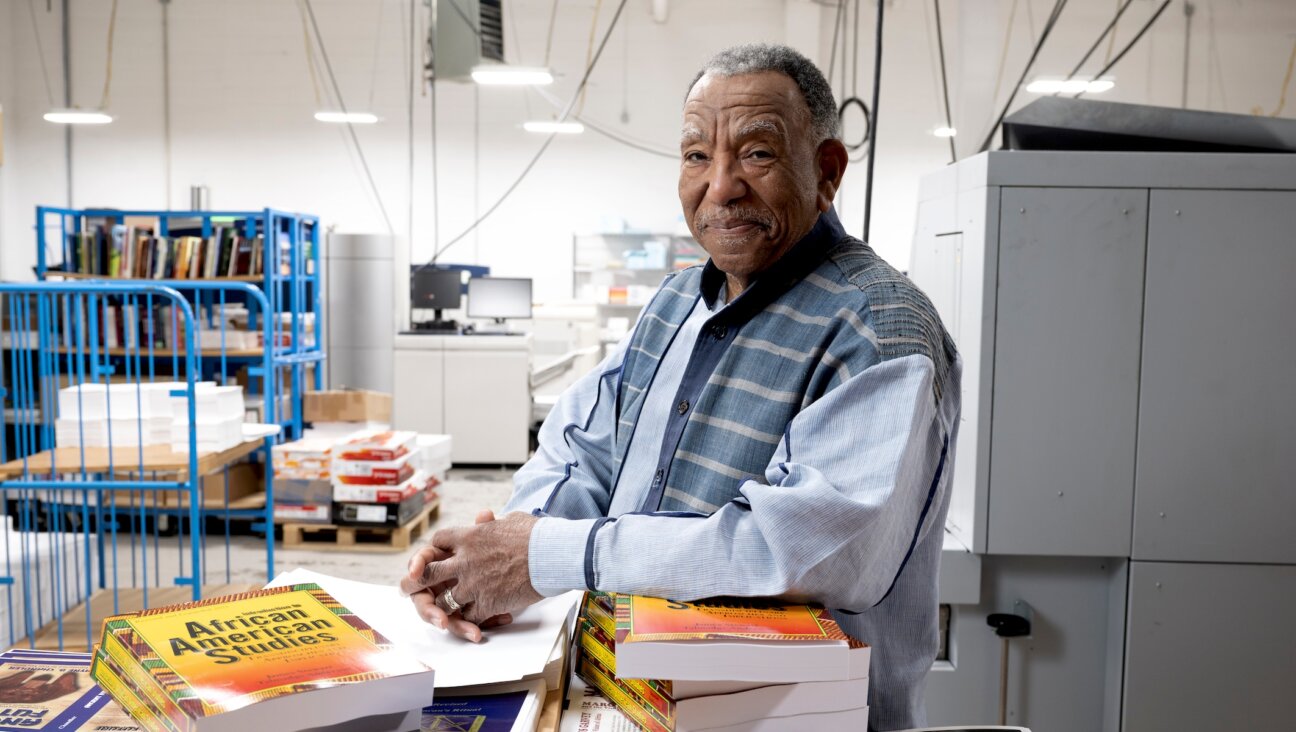Reeve’s Legacy
SUPERMAN’S LEGACY: THE CHRISTOPHER AND DANA REEVE FOUNDATION GALA
“Happy birthday, Annie! And for your birthday, you can go get me coffee!” said Meryl Streep, in jest, to Anne Hathaway at the November 12 Christopher and Dana Reeve Foundation “Magical Evening” gala, held at the Marriott Marquis. (Hathaway played the role of Streep’s gofer in the 2006 film “The Devil Wears Prada”). “She is kind of pretty,” Streep mused as Hathaway, who admitted to being “scared speechless by this woman,” presented Streep with the Dana Reeve Hope Award. An emotional Streep touted the legacy of the Reeves, whose foundation’s mission is to return the paralyzed to walking. Robin Williams spoke of his first meeting with “Christopher 32 years ago in a room in Juilliard,” and described their relationship as one “between Superman and Popeye… And then I saw him get injured and become so powerful. Being a spokesperson [for those with spinal cord injuries] was a tough gig.” Bob Woodruff, co-anchor for ABC’s “World News Tonight,” was recipient of the Christopher Reeve Spirit of Achievement Award. Woodruff’s traumatic brain injury (the result of a roadside bomb in Iraq) was chronicled on the ABC news on-air report “To Iraq and Back” and also in his wife Lee Woodruff’s 2007 memoir, “In an Instant.” The evening’s participants included the Reeve children Will, Matthew and Alexandra; co-chairs Diane Sawyer and Francine LeFrak, and Barbara Waters, Richard Belzer and Mandy Patinkin.
Peter Kiernan, Reeve foundation chairman, presented the Visionary Leadership Award to Henry Stifel, who until 1988 was chairman and CEO of Xerox of Canada. Stifel’s son Henry Stifel III was paralyzed from a spinal cord injury following a 1982 automobile accident. Stifel noted: “Twenty-five years ago, those with spinal cord injuries and paralysis were told their life would be limited.… What began in our basement is now the Christopher and Dana Reeve Foundation.” He cited Winston Churchill’s response when, during World War II, HE was told: “‘We are broke. We have to cut aid to the poor, the sick, the infirm,” “Churchill’s reply,” Stifel said, “was: ‘Never! What do you think we are fighting for!’”
In what turned out to be a remarkable, inspirational moment, Paul Daversa introduced a film about his 70-year-old mother, Marcia Daversa, who was paralyzed by an ill-administered spinal anesthetic (epidural). There was a standing ovation when Mrs. Daversa unexpectedly walked onstage. After doctors could offer her no hope of ever walking, her son contacted the Reeve foundation. The rest is history. When I found out that Daversa’s mother had fled Warsaw during World War II, I asked her son if he could arrange for me to talk to his mother at a later date. Following her detailed saga of her hellish road to paralysis and back, Daversa told me that her grandfather, a rabbi, saw to it that his eight children were dispersed at the war’s beginning, some ending up in Brazil, some in the Bronx; her mother and “Lithuania-born ‘litvak’” father landed in Cuba where she was born. “I could speak, read and write Yiddish and spoke Yiddish with my parents,” she said. Eventually the family fled Fidel Castro’s Cuba. When she met family in America and did not know English, nor they Spanish, she communicated with them in Yiddish.
NURTURING ISRAEL’S ARTISTS
There is “not a single orchestra whose Israeli members were born and bred [in Israel] who were not recipients of scholarships from the America-Israel Cultural Foundation,” said Isaac Stern in a 1991 Tarbut video shown at the AICF’s 68th annual gala, held November 11 at the 92nd Street Y. The video includes a sequence from the Bat Sheva Dance Company and a vignette of violinist Gil Shaham at age 11, auditioning before judges whom he leaves speechless. Following welcoming remarks by AICF President William Schwartz, on-air WNET personality and WQXR host Midge Woolsey presented William Baker, CEO of Thirteen/WNET New York, with the King Solomon Award.
Noting that “the arts raise us above all the problems of the world,” Baker joshed: “Solomon had 700 wives, in 40 years I had only one.”
The evening’s performers included mezzo-soprano Maya Lahyani in a to-die-for backless black dress (with body to match). Her rendition of “Seguidilla” from Bizet’s “Carmen” left the audience awestruck (and many women probably vowing to diet and exercise). Pianist Benjamin Hochman’s bravura presentation of Frédéric Chopin’s Ballade No 4. Opus 52 in F minor thrilled the full house in the Y’s Kaufmann auditorium. Adding a bit of unscripted drama to his performance was a carelessly left-on cell phone; the phone’s musical ring tone dovetailed perfectly with Chopin’s musical notation, and fortunately it did not distract the pianist. Artist Michal Rovner, recipient of the Aviv Award, mused about finding herself in “the forest of New York City, where I was hiding from Israel.” Rovner explained that hers was a search “for what is beneath, for the common denominator.” Rovner’s amazing, mind-challenging works in video, sculpture, paper and canvas have garnered 40 solo exhibitions worldwide. The afternoon concert closed with violinist Pinchas Zuckerman’s (plus ensemble) rewarding interpretation of Felix Mendelssohn’s Octet for Strings in E-flat Major, Op. 20.
FROM LATKES TO LA BOHEME AT WORKMEN’S CIRCLE HANUKKAH GALA
Among the verbal latkes that Michael Wex — author of “Just Say Nu: Yiddish for Every Occasion (When English Just Won’t Do)” — served up at the Workmen’s Circle/Arbeter Ring’s December 6 Hanukkah Reception was the eyebrow-raising notion that Irving Berlin (a Yiddish speaker) had infused Yiddish-syntactic phraseology in his classic “White Christmas.” (If I didn’t get this exactly right, it may be because Wex speaks authentic Galitzianer and I, though born in Warsaw, speak echt Litvishn Yiddish. The setting was haimish, with guests at round tables nibbling on designer latkes with sour cream. The entertainment included Frank London and his ensemble; Zalmen Mlotek, conductor, pianist and artistic director of the National Yiddish Theater, Folksbiene (at the piano) performing a mélange of Yiddish songs.
Adrienne Cooper, the W.C. executive officer for external affairs, paid tribute to the late Louis Rublin, winner of a Purple Heart, and founder of the Philadelphia’s Workmen’s’ Circle Chorus, which continues to inspire and has been recognized by folklore societies. W.C.’s executive director, Robert Kestenbaum, introduced the evening’s honorees, Nitin and Leena Doshi. Founders of Doshi Diagnostic Imaging Services, P.C., the Doshis’ route to professional success and philanthropic largesse follows a well-trodden American trajectory that includes ambition, vision and goal-centered hard work. What makes their story one with a twist is that Nitin Doshi was given his start at the Workmen’s Circle, as a chairside practicing dentist in W.C. ‘s medical department in the mid-1970s. Eventually he was managing nearly a dozen practices before settling down as president and CEO of Doshi Diagnostic. Leena Doshi, a radiologist who grew up in Bombay in an apartment with no telephone, refrigerator or dependable electricity, came to the United States in 1973 with her husband. She interned as a resident at Lenox Hill Hospital and opened her first practice in the Flushing area of Queens. Today, Doshi Diagnostic has grown to 42 imaging centers in three states. Reluctant to release the microphone, Nitin Doshi detailed every step of his Workmen’s Circle history, along with his gratitude to, and continuing connection with, the organization.
Following remarks by W.C. President Peter Pepper, and candle lighting and singing, the event closed with what should have been the evening’s opening salvo: Copenhagen-born, raised-in-Jerusalem, once lieutenant in the Israeli army, Charlotte Cohn. A statuesque and stunning actress and soprano, she wowed the remaining crowd with her sans-mike rendition of “Musetta’s Song” from Puccini’s “La Boheme.” Cohn was one of the four Musettas who alternated in Baz Luhrmann’s Broadway production of “La Boheme.” Her most recent work was in Frank London’s musical version of Yiddish writer I.L. Peretz’s play “A Night in the Old Marketplace.”
A message from our CEO & publisher Rachel Fishman Feddersen

I hope you appreciated this article. Before you go, I’d like to ask you to please support the Forward’s award-winning, nonprofit journalism during this critical time.
We’ve set a goal to raise $260,000 by December 31. That’s an ambitious goal, but one that will give us the resources we need to invest in the high quality news, opinion, analysis and cultural coverage that isn’t available anywhere else.
If you feel inspired to make an impact, now is the time to give something back. Join us as a member at your most generous level.
— Rachel Fishman Feddersen, Publisher and CEO






















